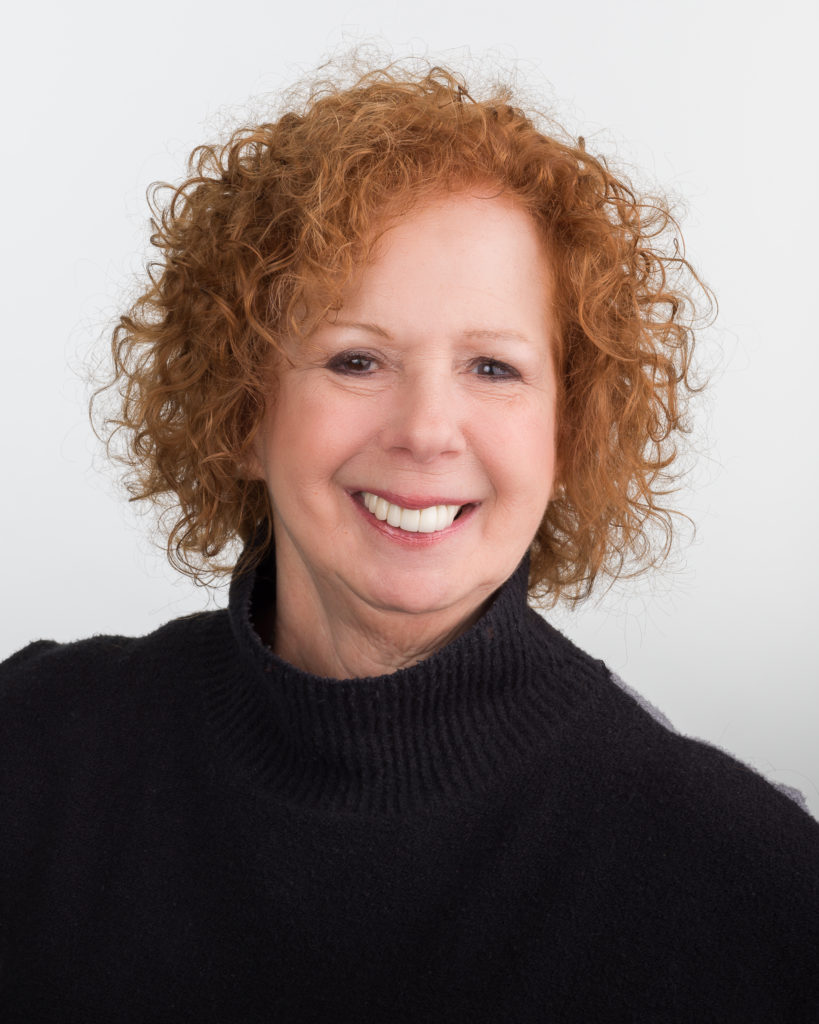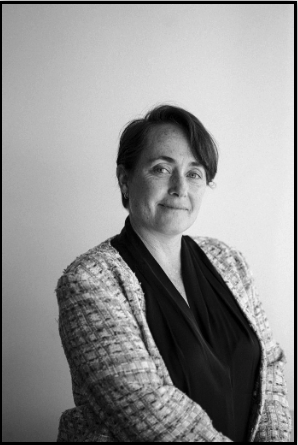According to the National Alliance on Mental Illness (NAMI), anxiety disorders are the most common illness in the United States. Data shows that as many as 19% of the 40 million adults over age eighteen struggle with anxiety. Like addiction, anxiety disorders are treatable, yet few of those who could benefit from treatment ever seek or receive the help they need. The Anxiety and Depression Association of America (AADA) estimates that less than 37% of people with anxiety disorder get treatment.
What is Anxiety?
Anxiety is more than simple worry or fear. It is a persistent and ongoing struggle that interferes with your day-to-day life. For many, anxiety symptoms begin as early as childhood and continue into adulthood. There are several anxiety disorders, including social anxiety disorders, phobias, generalized anxiety disorders, and separation anxiety. It is possible to have one or multiple anxiety disorders. Regardless of the type of anxiety you struggle with, it is essential to seek professional help at a treatment center to safely overcome anxiety and leave treatment with the tools and skills necessary to cope with triggers without turning to substances.
What are the Causes of Anxiety?
Research has not provided a singular cause or risk factor that increases one’s risk for developing an anxiety disorder. Studies indicate it is likely a combination of several factors, including genetic and environmental elements. Some studies show that anxiety disorders have a genetic connection as some families have multiple individuals with anxiety disorders among relatives. Additionally, research shows that you are at an increased risk for developing anxiety if a first-degree relative struggles with an anxiety disorder.
Anxiety often arises out of environmental or social situations. Some research indicates you may be at an increased risk for developing an anxiety disorder if you experience a stressful or traumatic event. For example, violence, abuse, prolonged illness, or a natural disaster may lead to the development of anxiety.
Can Addiction Cause Anxiety?
When you use drugs or drink alcohol, it increases the levels of certain neurotransmitters in your body. Two specific neurotransmitters impacted by substance use include serotonin and dopamine. Although the increase in these chemicals provides a sense of relaxation, happiness, and calm in the short term, it can eventually lead to increased anxiety once the effects of drugs or alcohol wear off. This is sometimes referred to as substance-induced anxiety, and its symptoms can last for hours after your last dose or drink.
Substance-induced anxiety is not uncommon. Many people turn to substances to cope with other anxiety disorders such as panic disorders, social anxiety disorders, and post-traumatic stress disorder. Using drugs or alcohol to reduce or manage the severity of symptoms is not without potential dangers. Because the calming effects of many substances come on quickly yet wear off rapidly as well, leading to a cycle of using at increasing frequent and higher amounts to keep anxiety at bay. In time, this leads to dependency and addiction.
How to Treat Anxiety and Addiction
When you struggle with both a mental health condition such as anxiety and a substance use disorder, it is referred to as having a dual diagnosis or co-occurring disorder. Some statistics show as many as half of those who struggle with a mental illness also experience symptoms related to a substance use disorder. Also, statistics from the Substance Abuse and Mental Health Services Association (SAMHSA) indicated more than 8.5 million adults (or 4% of the population) over the age of eighteen struggled with a dual diagnosis in 2017. Dual diagnosis conditions share many overlapping symptoms, and the best opportunity for recovery is to choose a treatment program where dual diagnosis treatment is available.
At Ohana Recovery Center, your treatment team will work with you to design a plan that addresses all areas of your physical and psychological health. Through comprehensive, evidence-based therapy techniques, you will learn how to identify and change the thoughts and behaviors that have led to maladaptive and addictive behaviors, such as using substances to self-medicate. Another significant benefit of choosing a dual-diagnosis treatment program is identifying triggers. When you struggle with anxiety, simple day-to-day situations or obligations can be triggering. Learning to manage triggering places, people, or events without substances is vital for recovery. Learning about and how to use healthy coping strategies to handle triggers is essential for ongoing recovery and relapse prevention.
How to Find Dual Diagnosis Treatment Near Me
The only safe and effective way to address co-occurring anxiety and addiction (substance use disorders) is to seek treatment at a treatment center specializing in dual-diagnosis treatment. At a dual-diagnosis treatment center line Ohana Recovery Center, specialists skilled in addressing the unique nature of simultaneously occurring conditions will help you address your symptoms and learn healthier, safer ways to manage triggers. Not all addiction treatment centers can treat dual-diagnosis, so it is important to seek a treatment center where the staff is trained to address these treatment needs. Contact our admissions team today if you would like to learn more about how programs at our women-focused rehab can help you overcome anxiety and addiction. The road to overcoming a dual diagnosis is not necessarily straightforward, but we can help. Let us show you how to start over free from the challenges of addiction and anxiety.









